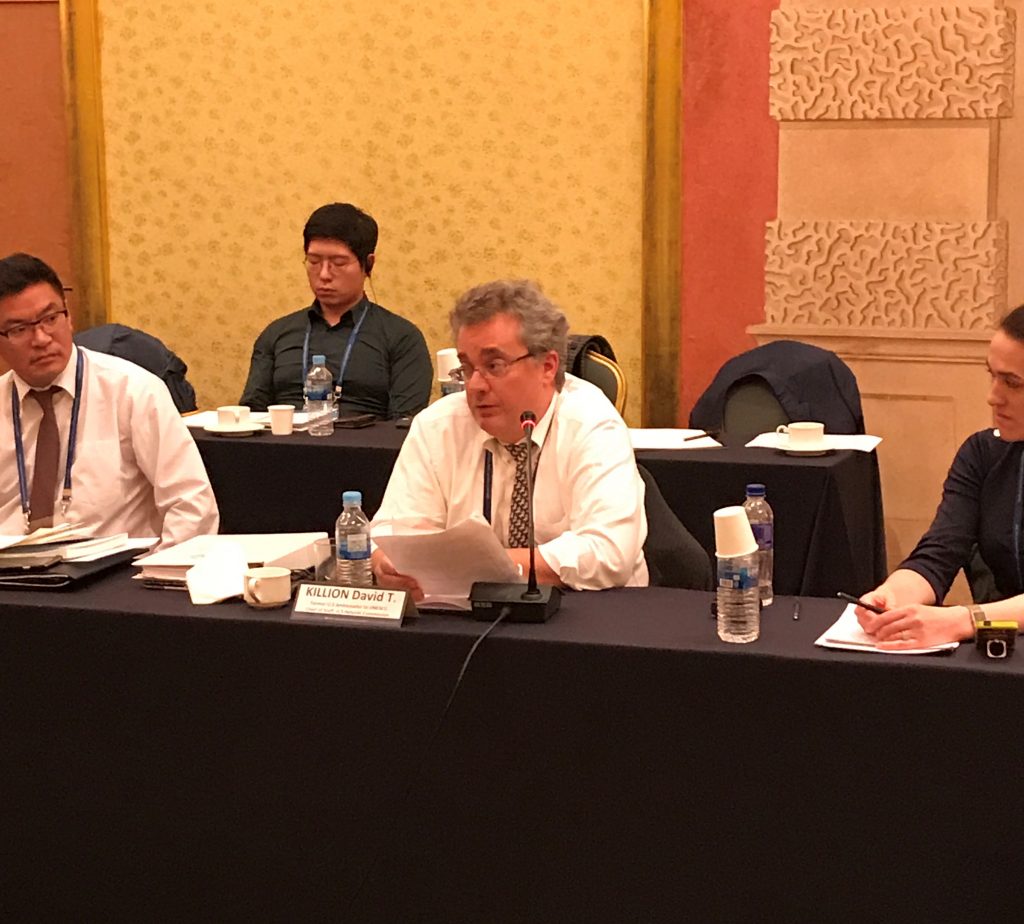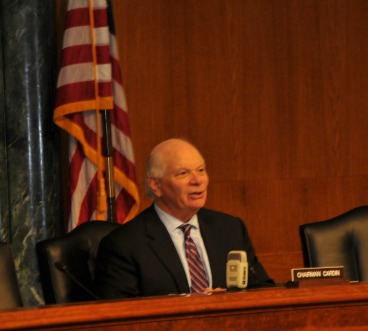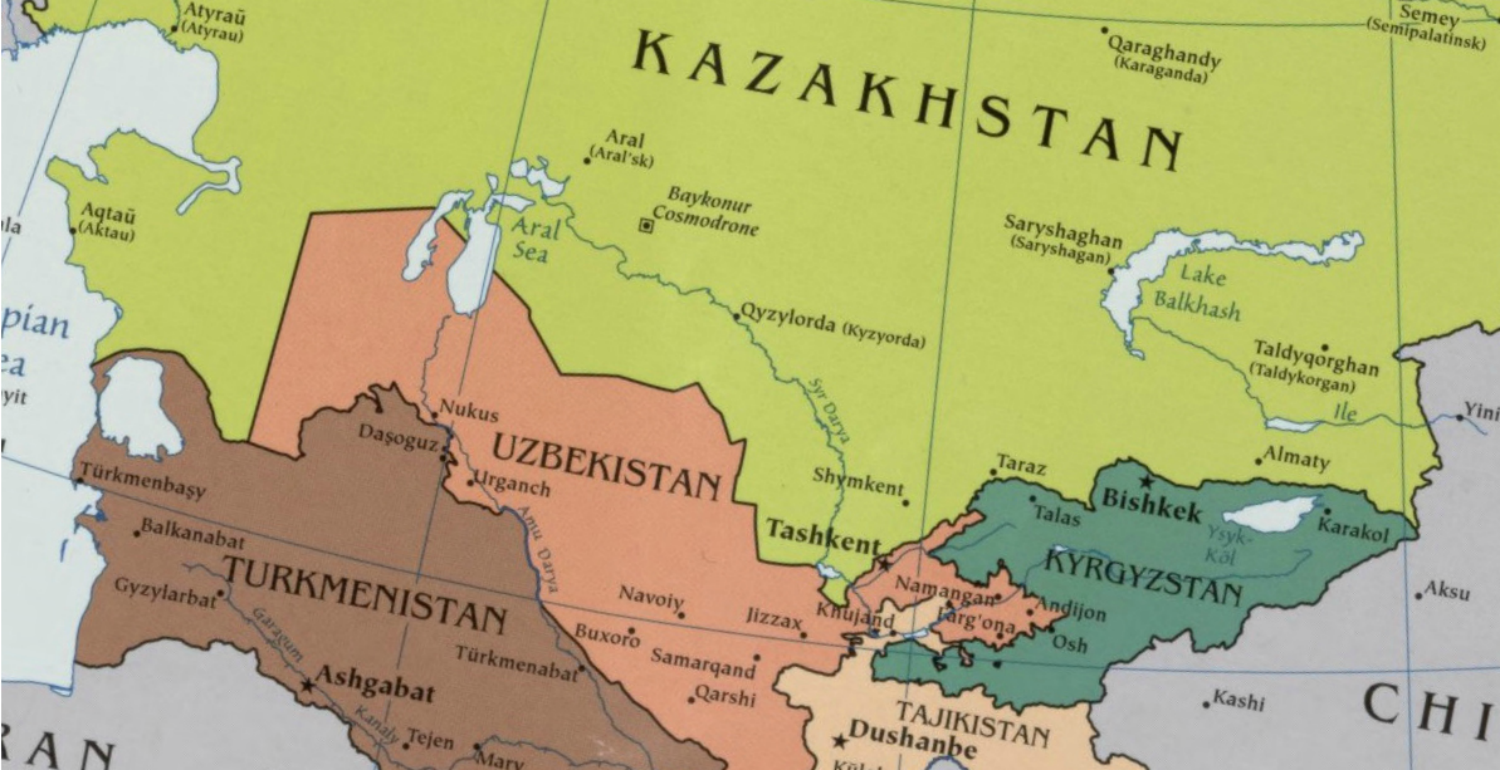This Commission examined activities of the Shanghai Cooperation Organization since its inception in 2001 and its effects on the U.S. mission in Central Asia. The United States is vitally interested in the transition of the Central Asian states to democracy and to market economies. The region is also a critical partner in the war on terrorism. However, many of the Central Asian countries still lack inclusive governing bodies. Countries such as Uzbekistan may use the SCO as cover against international criticism about their authoritarian systems. The witnesses and Commissioners discussed the future for relations with Central Asia with the possibility of a stronger influence from the SCO.
Member
Hon. Sam Brownback
Chairman
Commission on Security and Cooperation in Europe
Witnesses
Hon. Richard Bouche
Assistant Secretary of State for South and Central Asian Affairs
Department of State
Dr. Sean Roberts
Central Asian Affairs Fellow
Georgetown University Center for Eurasia, Russian and East European Studies
Dr. Martha Olcott
Senior Associate
Carnegie Endowment for International Peace
Stephen Blank
Strategic Studies Institute
U.S. Army War College
Relevant Issues
Relevant Countries
Leadership

HELSINKI COMMISSIONERS JOIN OSCE PA MEETING ON AFGHA...
Nov 09, 2021On November 4, 2021, more than 40 members of the OSCE Parliamentary Assembly (PA) met remotely to discuss the current security challenges posed by developments in Afghanistan and the future […]

Helsinki Commission Commemorates 45 Years of Advanci...
Jun 03, 2021WASHINGTON—To commemorate the 45th anniversary of the Commission on Security and Cooperation in Europe, also known as the U.S. Helsinki Commission, on June 3, Chairman Sen. Ben Cardin (MD) and […]
OSCE Ministerial Council Appoints Top Leaders, Adopt...
Dec 21, 2020By Shannon Simrell, Representative of the Helsinki Commission to the U.S. Mission to the OSCE Foreign ministers of the 57 OSCE participating States convened on December 3 – 4, 2020, […]
Public Diplomacy, Democracy, and Global Leadership
Dec 05, 2019For more than a century, the United States has advanced shared human rights, economic, and security policy goals in the transatlantic relationship by cultivating people-to-people ties through public diplomacy initiatives. […]
Helsinki Commission to Review Role of Professional E...
Dec 02, 2019WASHINGTON—The Commission on Security and Cooperation in Europe, also known as the Helsinki Commission, today announced the following hearing: PUBLIC DIPLOMACY, DEMOCRACY, AND GLOBAL LEADERSHIP An Approach for the 21st […]
The Helsinki Process: A Four Decade Overview
Jun 28, 2019In August 1975, the heads of state or government of 35 countries – the Soviet Union and all of Europe except Albania, plus the United States and Canada – held […]

The Helsinki Process as a Model for East Asian Colle...
Nov 16, 2017Distinguished dignitaries and guests, good afternoon and welcome. Thank you all for joining us today. Thank you in particular to our South Korean hosts and to the Sejong Institute for […]
The 2017 OSCE Asian Partners Conference
Jul 17, 2017By Janice Helwig, Policy Advisor and Representative of the Helsinki Commission to the USOSCE From June 19 to June 20, 2017, approximately 150 representatives of governments, academia, and international organizations […]
The OSCE as a Model: Asian Insights
May 05, 2017From April 14 to 22, 2017, Helsinki Commission Chief of Staff Ambassador David Killion and Policy Advisor Paul Massaro traveled to Tokyo, Japan and Seoul, South Korea for consultations with […]
Importance of Good Governance to Comprehensive Security
Jun 16, 2014Remarks to the 2014 OSCE Japan Conference on Sharing Experiences and Lessons Learned between the OSCE and Asian Partners for Cooperation in Order to Create a Safer, More Interconnected and […]

Resolving Crises in East Asia Through a New System o...
Dec 11, 2013This hearing discussed the possibility of establishing an organization in East Asia similar to the OSCE, in order to increase cooperation and improve regional security. Witnesses cited curbing North Korea’s […]



